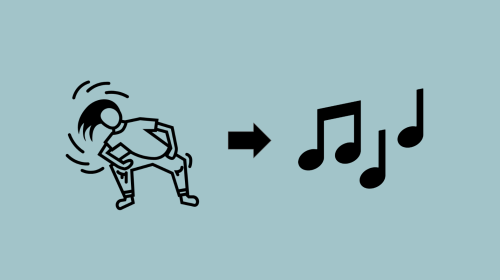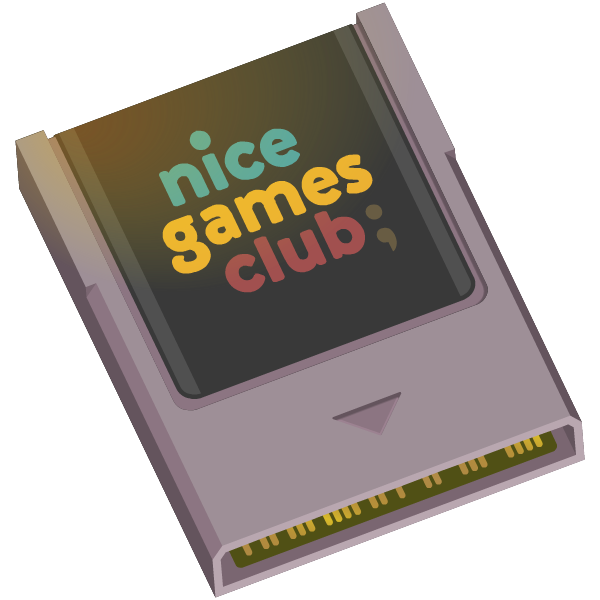
Game designer Osama Dorias returns to the clubhouse to help design a game that can be played remotely, and provides some (much needed?) structure to the Nice Games Jam process. Stephen is obsessed with Bananas, Ellen contemplates her mystery banana gift, and Mark realizes some of these concepts might be too complicated for small children.
Prompt
"Design a game that can be played remotely with (Osama's) children (and ideally is still fun for adults)"
Game type
Tabletop game
Player count
3-6
Materials
Electronic system for sharing slides (such as Google Slides)
A voice connection with remote players
A set of slides or icons/drawings/clipart to create the set of slides
A system for privately messaging players
Setup
- Create a set of slides (12) with icons, drawings, photos, or clip-art, if not using a pre-made slide deck. Each slide should contain 3 items. Pick a Game Master (usually one of the adults playing the game).
- The Game Master comes up with one group objective with two parts:
- A protagonist/hero.
- A conflict for the protagonist.
- The Game Master comes up with one secret objective for each player:
- Each secret objective should start with the phrase “The hero should...”
- Ideally these will be randomly assigned.
Rules
- Player order goes to the left and does not change
- The game ends when you run out of slides
- Each slide should be a simple phrase or sentence
Gameplay
- Play starts with the Game Master describing the first slide, starting with the phrase “Once upon a time..”
- Play continues to the player on the Game Master’s left and the slide progresses.
- This player chooses one of the three pictures on the slide to incorporate into the story with a phrase or sentence.
- Play continues to the left with a new slide. And continues around the circle, with each player getting a new slide (the Game Master may now sit out of the storytelling), until there are no more slides left.
- The Game Master may provide an epilogue (and explain what an epilogue is to the children playing the game) as desired.
- Note: Defining 'Epilogue' will not be out of character for this game, as in this episode's run-through Mark would have had to explain to kids: headbanging, Ska, life in 1998, mosh-pits, micro-cassettes, and a reference to 'Spaceballs.'
- At the end of the story, players try to guess each others individual objectives.
